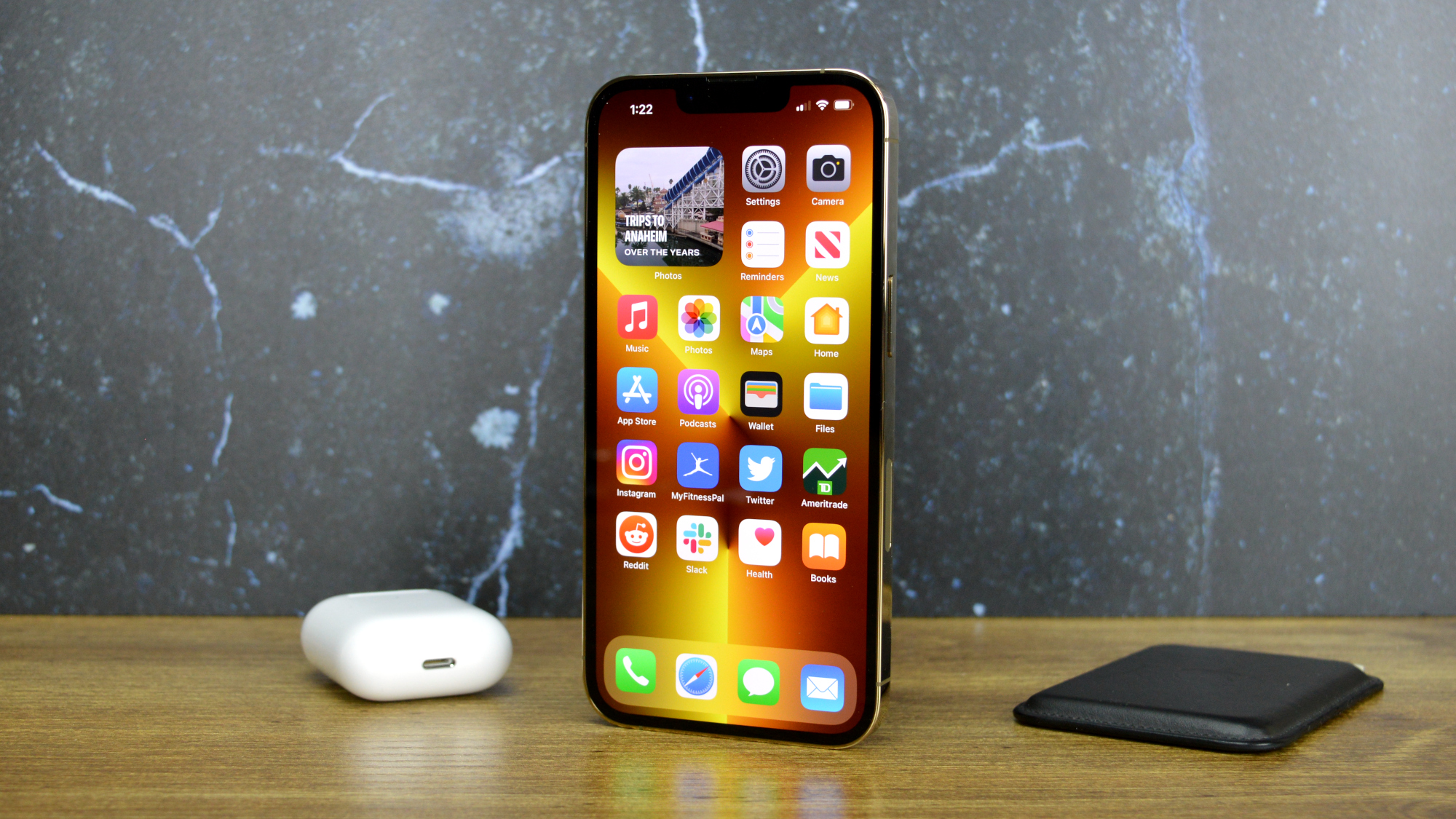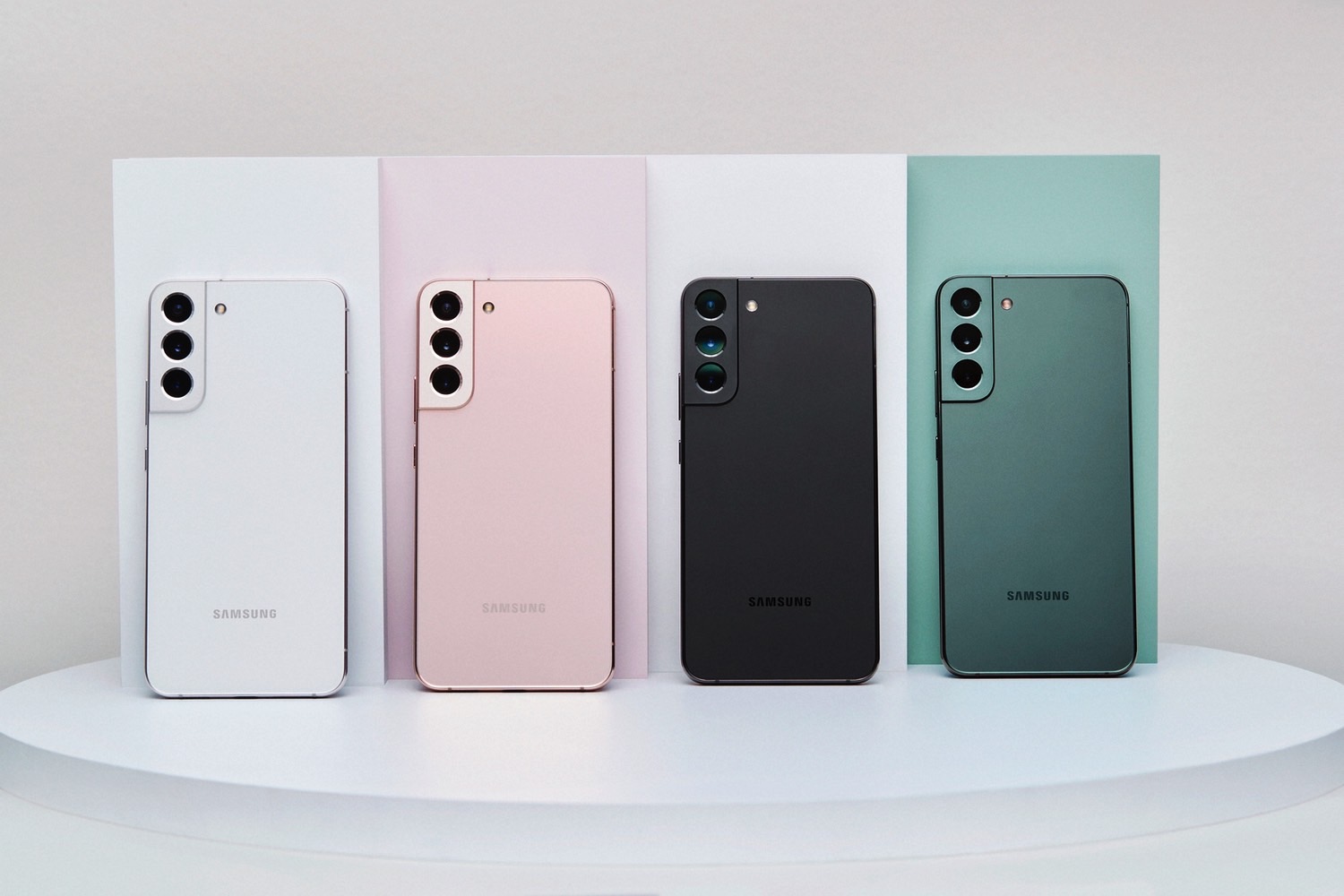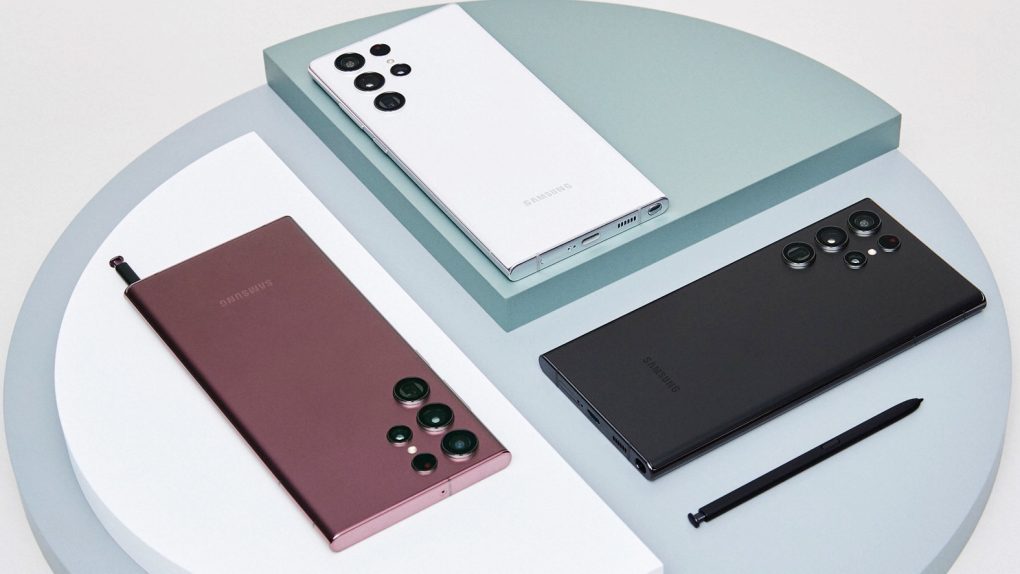The Galaxy S22 phones are available for preorder and will ship to buyers on or before February 25th. That is the in-store release date for Samsung’s new handsets. The new devices offer two different designs to choose from, improved durability, and the best possible specs for 2022 Android flagships. But even though these top-of-the-line Android flagships are brand new, they’re still no match for last year’s iPhone 13 series in benchmark tests.
That’s hardly a surprise for anyone following the System-on-Chip developments from Apple, Google, Qualcomm, and Samsung. The A15 Bionic is yet to find its match in a Samsung phone. But the Galaxy S22 phones should still deliver a solid experience.
iPhone 13 Pro Max and Galaxy S22 Ultra hardware
The 5nm A15 Bionic chip powers all four iPhone 13 models. Therefore, you get almost the same experience in benchmark and speed tests. The only difference between the iPhone 13 Pro and non-Pro models concerns the RAM. The more expensive handsets ship with 6GB of RAM, compared to just 4GB for the cheaper iPhone 13 models. All iPhones come with at least 128GB of storage onboard.
That’s to say the iPhone 13 Pro Max doesn’t offer a faster iPhone 13 experience because it’s the largest model in the series. But it is the most expensive one, and it’s usually the phone that gets compared to other new flagship devices like the Samsung Galaxy S22 Ultra.
Similarly, the Galaxy S22 Ultra features the same hardware as the Galaxy S22 Plus and Galaxy S22. We’re looking at a 4nm Qualcomm Snapdragon 8 Gen 1 or Samsung Exynos SoC. The base Galaxy S22 models come with 8GB of RAM and at least 128GB of storage, regardless of the size.
Going into the Galaxy S22 Unpacked event, we knew the iPhone 13 Pro Max would remain king in benchmark comparisons. The Snapdragon 8 Gen 1 SoC can’t outperform Apple’s handset.
As for the Exynos 2200, the chip does come with GPU technology similar to the PS5 — it even supports ray-tracing. But Samsung delayed its Exynos 2200 launch and didn’t even mention performance improvements in the announcement.
This prompted some worry online about the kind of performance the Exynos Galaxy S22 would deliver. Moreover, some also worry that the Galaxy S22 phones might overheat, further hindering performance.

Galaxy S22 Ultra vs. iPhone 13 Pro Max benchmark tests
Now that the Galaxy S22 is out in the hands of testers and reviewers, we have the first Galaxy S22 Ultra vs. iPhone 13 Pro Max benchmark test comparison courtesy of PCMag.
As you can see on the site, the Galaxy S22 phones are faster than last year’s Galaxy S21 models. They also outperform the Google Pixel 6 and its custom Tensor SoC.
But they can’t measure up to the iPhone 13 Pro Max.
The Galaxy S22 models in these tests pack the Snapdragon 8 Gen 1 chip. Benchmark results for the Exynos 2200 are not available.
The iPhone 13 Pro Max crushes the Galaxy S22 Ultra in Geekbench 5 single- and multi-core tests. The A15 Bionic also packs the better machine learning SoC, with a score that more than doubles the Galaxy S22.
The same happens in the Basemark Web benchmark, although it’s also the browser software that influences the result. Apple’s Safari faces off against Google Chrome in this test.
While the conclusions aren’t surprising, you should still expect a great Galaxy S22 user experience. The phone offers the best Android hardware, if that’s what you’re looking for. No 2022 Android flagships will outperform the 2021 iPhone 13 models, however.

Overheating issues
The worse news is that you might encounter issues with sustained performance on the Galaxy S22 Ultra. This is from the PCMag benchmark testing report:
I’m a bit concerned about the thermal throttling I saw on the Galaxy S22 Ultra. While running benchmarks, the phone quickly became warm, and as soon as it became warm it returned much lower results. A Geekbench result of 1,232 became 802 with a warm phone, and a GFXBench result of 28fps became 19fps.
The blog found that the Galaxy S22 throttles to 75% performance in 15 minutes. The Galaxy S22 phones “definitely throttle harder” than last year’s Galaxy S21 models.
It’ll be interesting to see how the Galaxy S22 Ultra fares against the iPhone 13 Pro Max in real-life speed tests. We also need to see whether throttling impacts performance under a heavier load.








